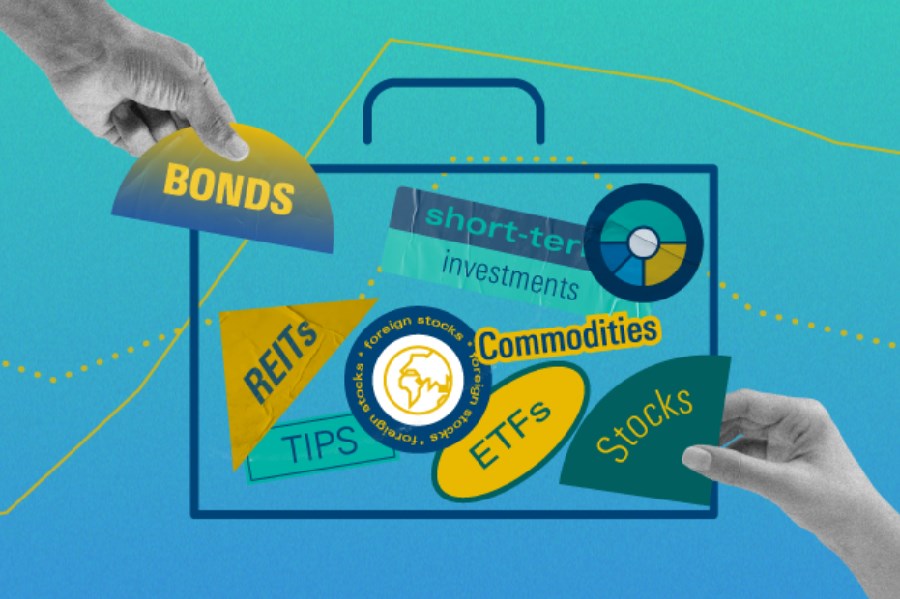
Children remember simple, repetitive instructions. Brush those teeth twice a day, don’t cross the road on a red light, eat your veggies - there's a reason these statements work, but they only work if you do it too. Similarly, if you want your children to develop good money habits, they need to see you making smart choices. How you handle your financials when you're around your kids might be even more important than what you teach them about money.
In other words: Practice what you preach. If you want your children to develop reasonable spending, saving and budgeting habits, they need to see you make smart choices. But be aware: this will take time.
Nevertheless, if you put in the effort and consistently communicate a clear message, you will instill good habits that will help your children become financially savvy. Here's five tips to help you do just that.
1. Spend Your Earnings Wisely, or, Consider What to Do with Grandma’s Birthday Gift
Trying to talk your children out of squandering their birthday money can be nerve-racking. Be assured, you are not alone. “Are you sure you want to spend the money on this?'” is probably a sentence all parents will utter at some point.
Remind your kids that just because they can afford to buy the toy, tennis racket or Tesla does not mean they ought to buy it.
Show your children how reining in those small impulses can translate into greater things down the road. And do make a point of modeling turning down impulses and weighing choices. Over time, they will watch their money grow instead of disappear – and experience delayed gratification.
2. You Need an Income, or Why an Allowance is Important
Allowances teach children the value of money. Kids get to learn by experience at a very young age about financial achievements and mishaps. Giving children a budget to stick to can help influence smart decision-making and learning how to make their own cost-benefit decisions.
This also means that you need to teach your children to live within their means. If they bust up their monthly allowance in week 1, you need to not top it up every time they need more. It will help them experience delayed gratification.
3. College Costs Money, or Have a Plan for the Long-Term
At Morningstar, we are all about investing for the long term. That may be a hard sell to your teenager, who probably thinks 10 days are “long term”. But when they realize planning ahead will help make money grow - they’ll listen. Suggest they model their own portfolios when they are older. They will experience that it’s worthwhile learning about investing and finance - and about the benefits of making those strategies work for them.
But also remind them to set realistic expectations and to find a strategy that works during market volatility. Not checking your account balance each single day might be a good move, says Morningstar’s Carole Hodorowicz.
“If you're hands-off with your portfolio, you’re less likely to make changes that you could later regret, such as selling yourself out of stocks in the depths of a bear market”, adds Christine Benz, Morningstar's director of personal finance. And keep in mind: in the 152-year record of U.S. market returns is littered with bear markets. In each case, the market eventually recovered and went on to new heights.
4. Don't Compare Yourself to Others, but Do Compare Yourself to Yourself
Christine Benz also recommends to children and teens. Not everyone comes from the same means. And even if peers get a fast start, that doesn't necessarily mean they will end up ahead. Admittedly, that is hard to do, and social media is of no help either. Snapchat, Instagram or TikTok are abundant with influencers posting their lavish lifestyle – or dodgy investment advise, for that matter.
However, do compare yourself with yourself - meaning measure your progress (or that of your child) and see the improvements you've made. And don't forget to celebrate the small wins along the way!
5. Remember the Less Fortunate, or Emphasize the Importance of Giving
Once children are old enough to make their own money, be sure you teach them about giving. They can pick a charity or organisation. This way, they will experience how giving not only affects the recipient, but also the giver. Benz encourages older children to pay attention to what she refers to as "time-on-earth allocation." Find a balance with how you spend your time and money so that it brings you joy and does some good, she says.




















